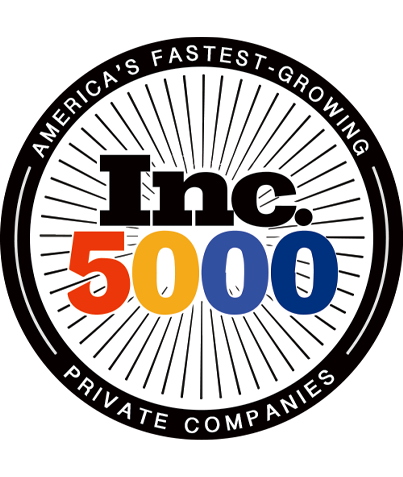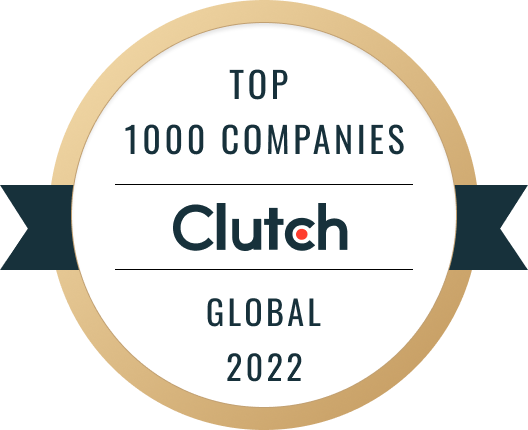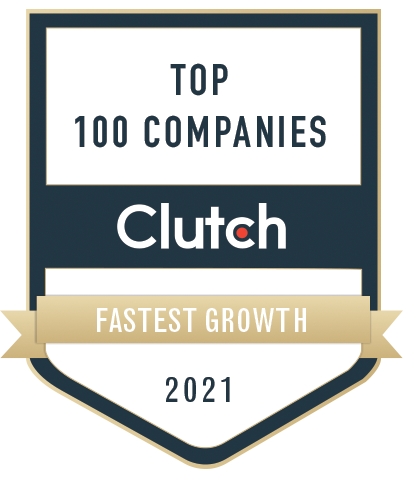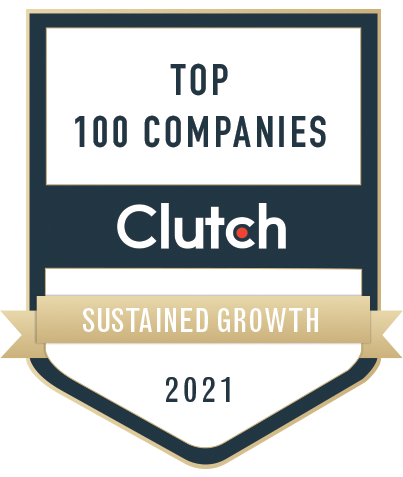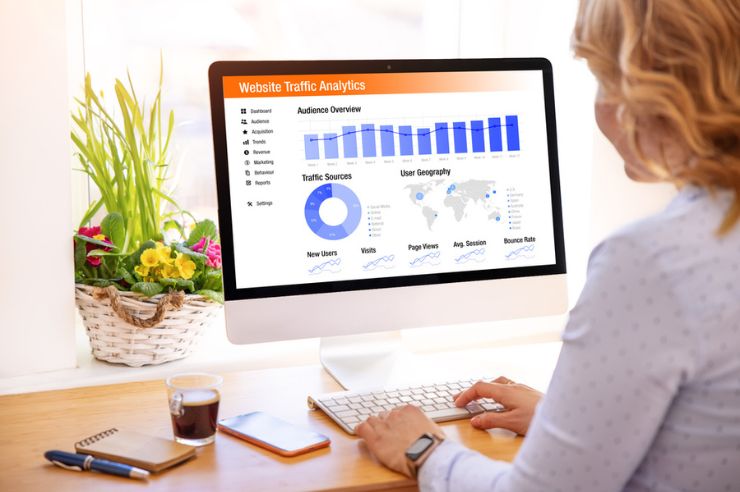“On average 49% of companies are currently using Marketing Automation. With more than half of B2B companies (55%) adopting the technology.” – Emailmonday
Marketing automation is not new, but this tool has now become more widely used as the technology has improved and become more affordable. Big brands and those with big budgets have been reaping the benefits of Marketing Automation for years. Now businesses of all sizes can too.
From increased personalization and better engagement opportunities, Marketing Automation offers numerous benefits for your business. It enables you to gain a better understanding of your audience, nurture your leads through their buyer’s journey, and increase sales and customer retention.
If you’ve not taken advantage of Marketing Automation and are still on the fence, here’s some info to convince you it’s a must-have in 2017.
Marketing Automation Explained
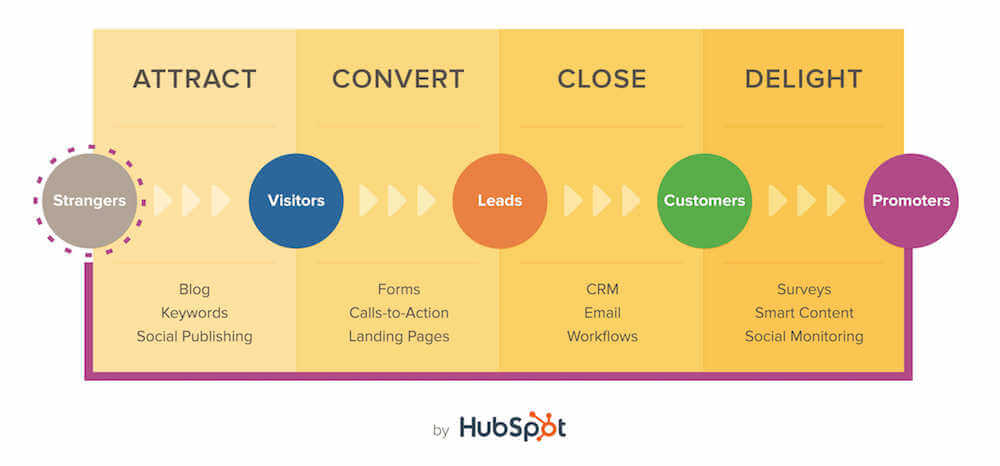
Marketing Automation is a broad term for software that automates the marketing process, mainly e-mail communications and website offerings. Often the software uses a series of “recipes” that guides interaction based on customers’ or potential customers’ activity history.
For instance, if a website visitor downloads your purchasing guide, your Marketing Automation software will “recognize” this potential customer when they return. You can set your software to offer more information along the same lines (through a pop-up or landing page offer) when it “sees” that visitor again.
By downloading the purchasing guide, you know this customer is in the market for the type of product you sell. You just have to convince them to buy it from you.
Marketing Automation is smart marketing. It allows you to use data from your CRM and activity history to more closely align your communications and offerings to solve your customer’s problems. It helps you understand your audience’s behavior and needs so you can enhance your marketing efforts, increase sales, and better retain customers.
Why Marketing Automation Is Critical to Your Business’ Success
Today’s customer isn’t looking for a cookie-cutter experience, nor are they getting one. Big brands like Amazon, Pandora, and Netflix have created an expectation of personalization. Every time those sites offer up individualized suggestions based on analysis of customer history, they’re cultivating an expectation that carries over into their audience’s Internet habits.
Customers know the technology exists to personalize the approach and they expect businesses to treat them as more than a number. They want to do business with companies that “get” them and Marketing Automation allows you to convince them of that.
The Marketing Automation Advantage
In addition to giving customers a personalized experience, Marketing Automation also allows you to differentiate between an interested customer and a tire kicker. It’s tied into your CRM to track and analyze your customer and potential customer activity.
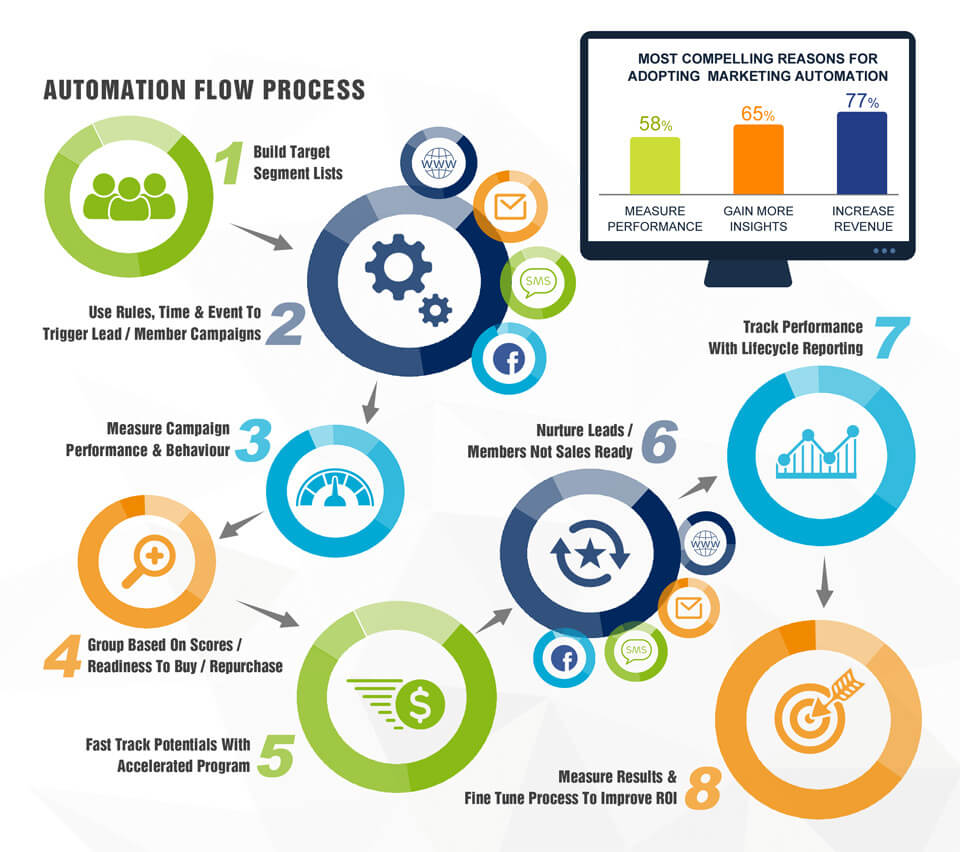
With Marketing Automation software you can see who downloaded what, who clicked on which campaign, and how many times a potential visited your site. You can use this information to target the most interested potentials with meaningful offers while nurturing those who are less ready to make a decision.
Targeting those who show interest means less time wasted in sales. Nurturing people who are interested in your product or services and providing more meaningful, personal content on a regular basis means you’re more likely to convert them through your marketing funnel and their buyer’s journey.
Creating more useful content targeted to your audience and their needs will grab your customer’s attention and increase the likelihood they’ll take action. It will also help your organic reach on places like Google and Facebook that take that into account in deciding what people see.
Marketing Automation Software in 2017
If you looked at Marketing Automation software years ago and thought it was too complicated or expensive, you need to reexamine it for 2017. More and more businesses are moving towards If you looked at Marketing Automation software years ago and thought it too complicated or expensive, you need to reexamine it for 2017. More and more businesses are moving towards account-based marketing and for a good reason.
It offers a personalized approach, which is what customers want. It builds loyalty as it converts because potential customers feel like their needs are understood.
While Marketing Automation has offered a personalized recipe approach of “if this action, then provide this” type of communication, marketers still want to do more. Setting up these campaigns can be cumbersome, and personalization still doesn’t approach one-on-one levels. But who can do that? How does that scale?
Artificial Intelligence and Marketing Automation
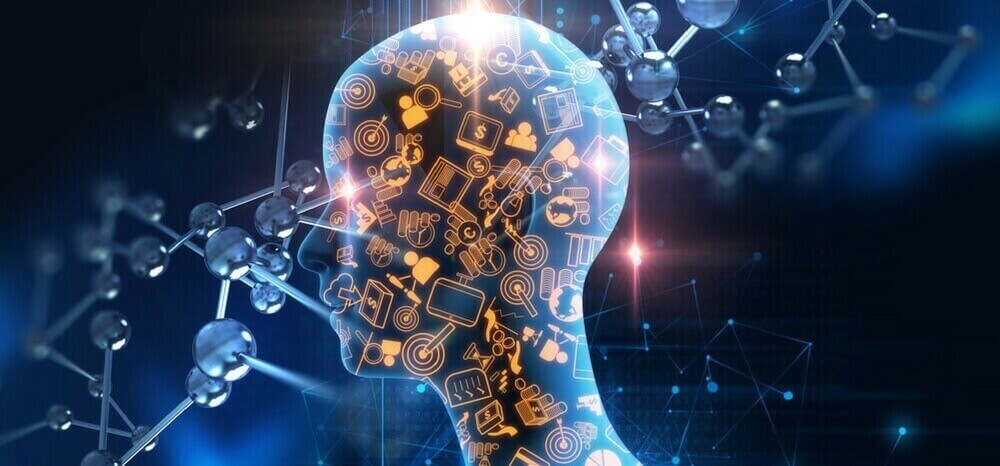
One of the biggest advancements in Marketing Automation that’s expected to make it to market soon is the use of artificial intelligence (AI). With AI, the customer could have a one-on-one experience. Content would be customized to each visitor’s needs. AI is the next natural step. Most internet users are already expecting that sort of functionality thanks in part to Siri, Alexa, and Cortana.
Marketing Automation helps you create a customer experience that is enjoyable, useful, and rewarding for your audience. But it also helps you streamline your operations because you give your potential customers what they need at the time they need it.
Your sales team won’t waste time with someone who isn’t ready to buy. Your customers who aren’t quite ready won’t be lost either because you can nurture them and be useful to them until they are.
With AI in Marketing Automation, you’ll be able to do even more and not worry about the campaign mistakes that occasionally occur when the wrong box is checked in your CRM. The customer interaction will be more personalized with fewer resources and provide an experience that keeps customers returning.
Today’s Marketing Automation is a valuable tool in helping with conversion and connections. But in 2017, this convenience will most likely become a necessity.
Our Awards

